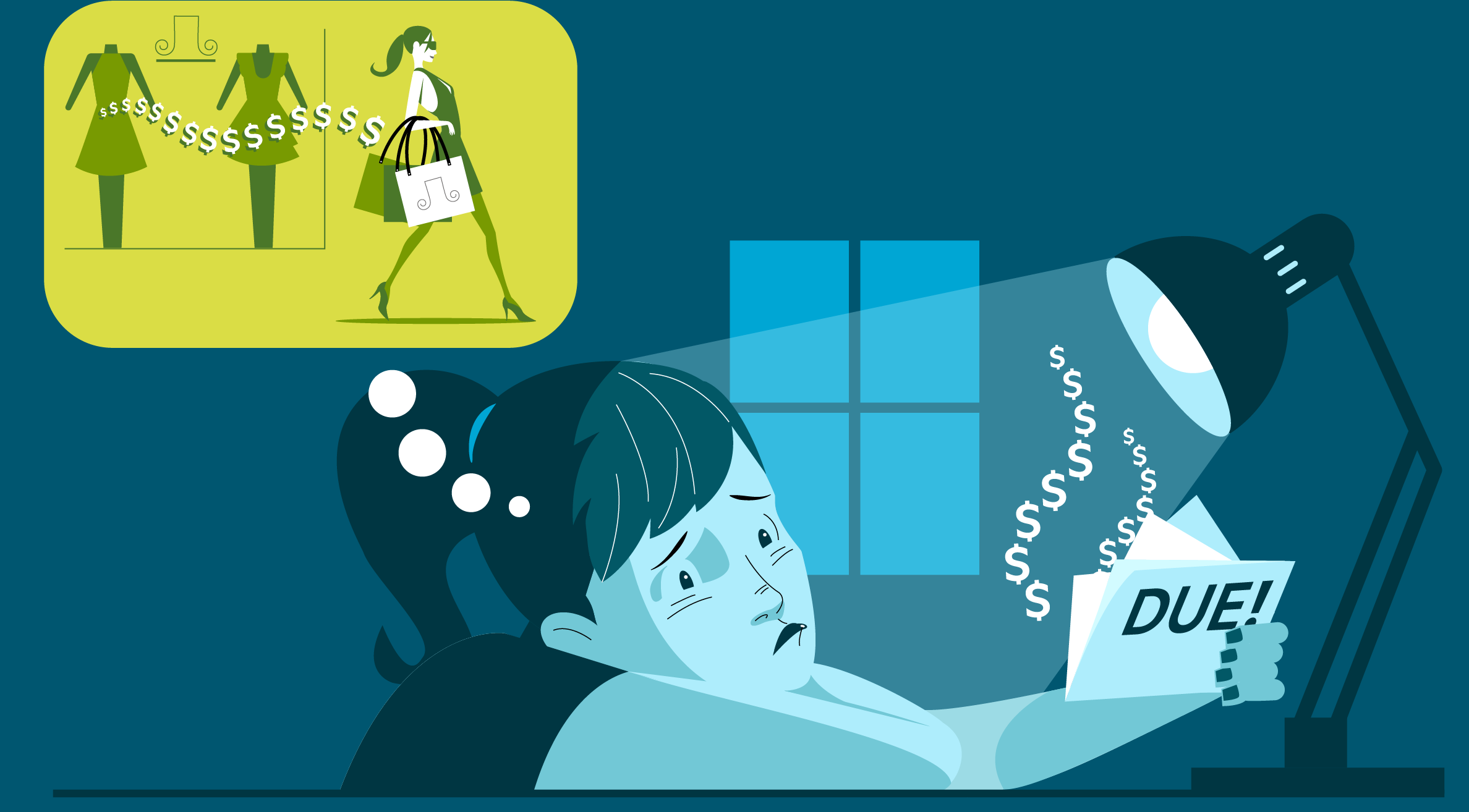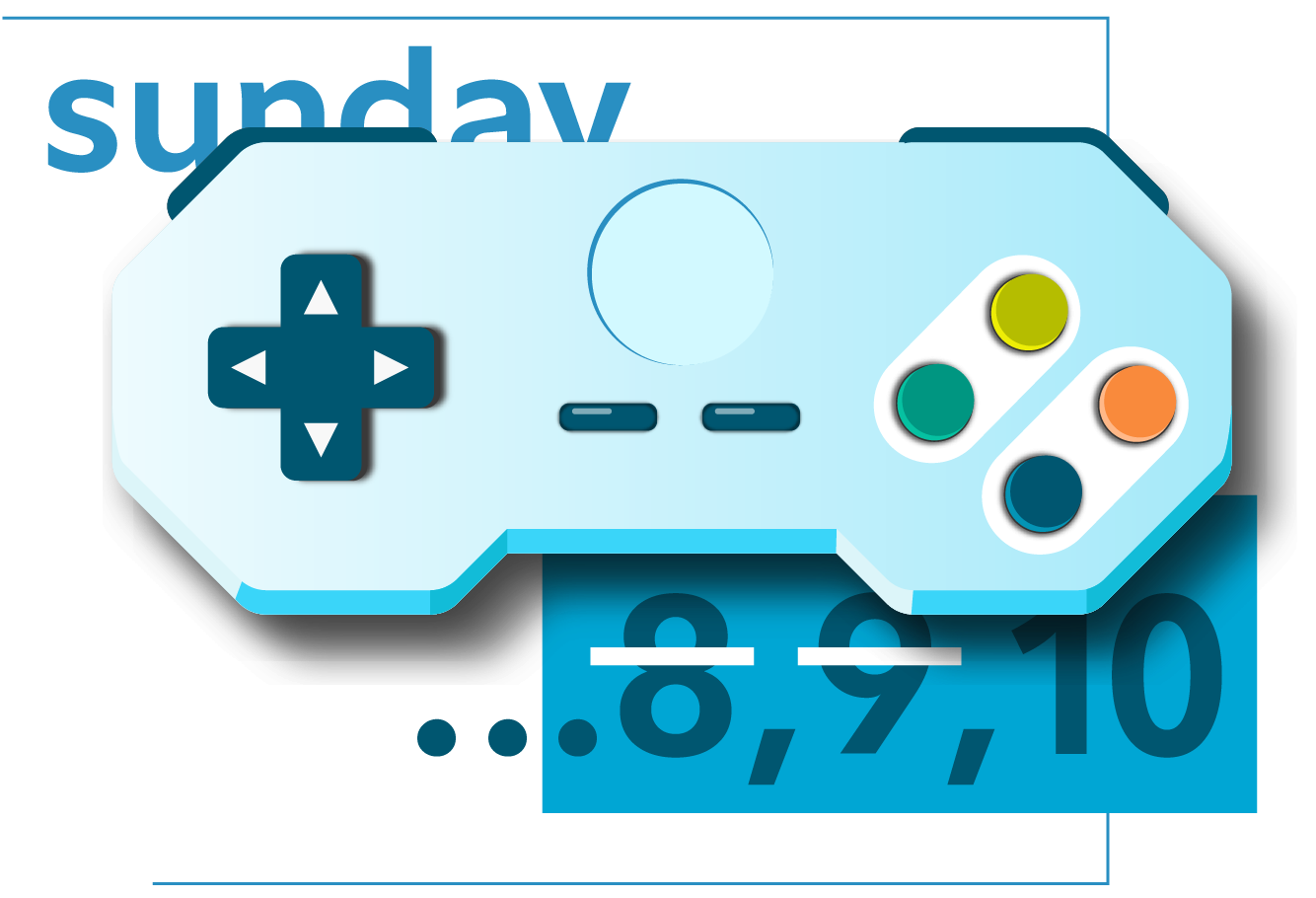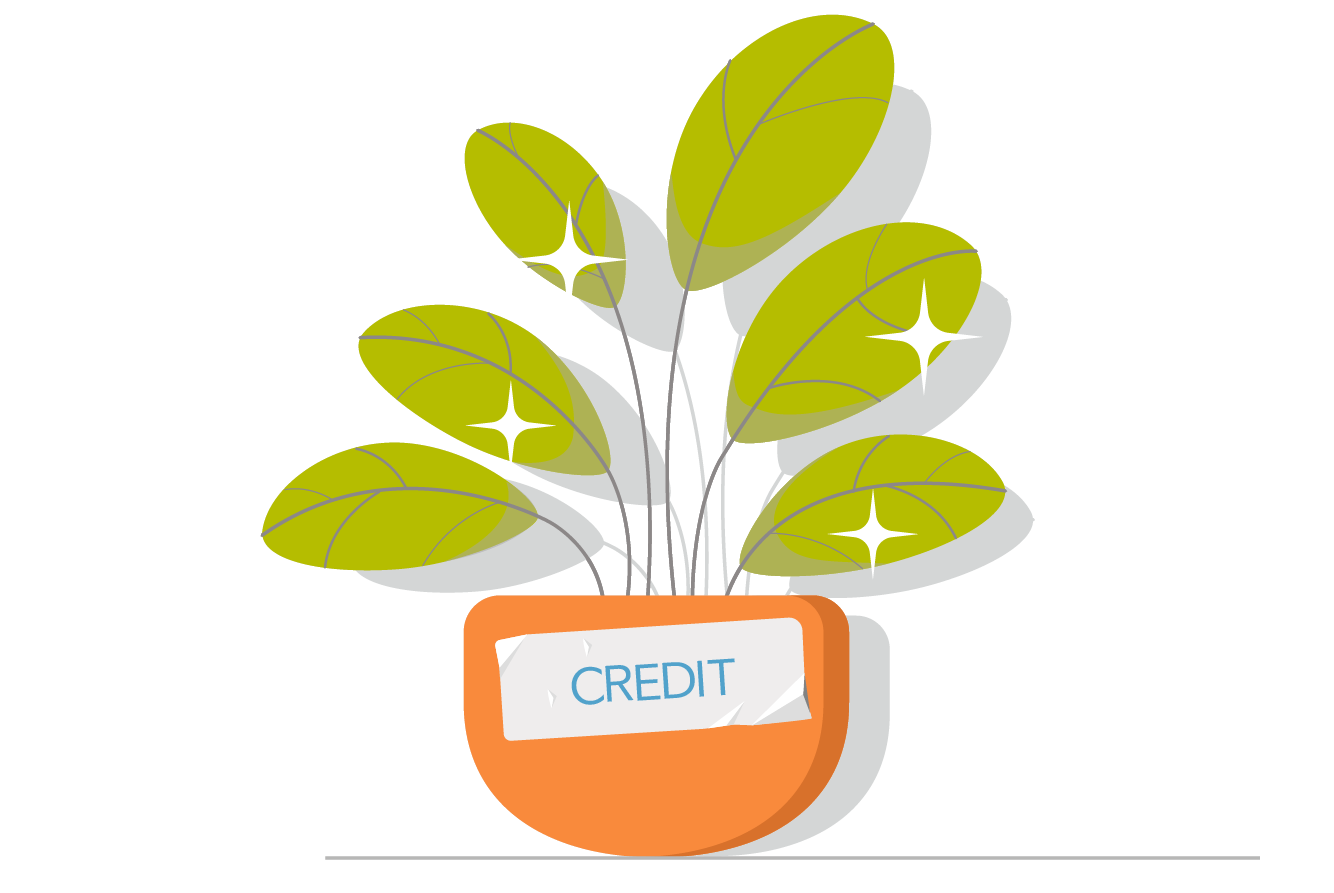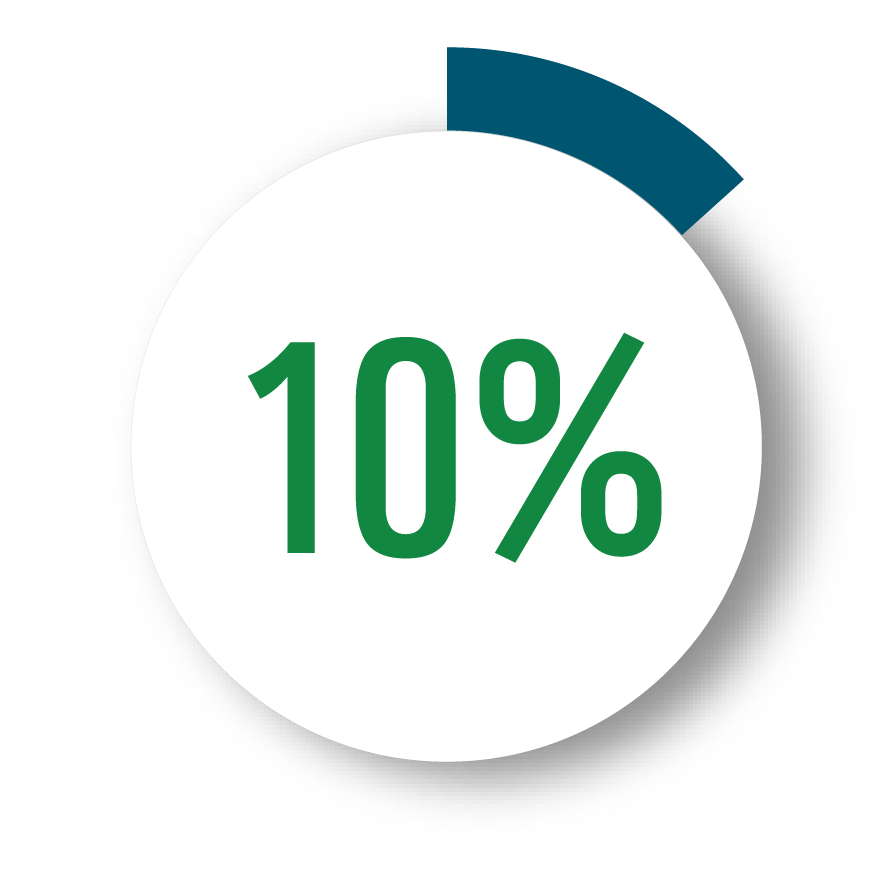What affects your credit score
What affects your credit score

A credit score is like a report card helping banks and credit card companies make decisions about lending you money. The most commonly used credit scores are FICO® Score and VantageScore. They run from 300 to 850.
Benefits of a good credit score
A good credit score can mean better interest rates—which can save you lots of dough. Here’s how your credit score is calculated.
1. Payment History

35% of your credit score comes from how well you keep up with your bill payments.
Buyer’s remorse
Your past can come back to haunt you when it’s time to pay up.

To keep your credit score healthy, pay your bills on time—every time. And if you can’t pay in full, at least pay the minimum. But remember you’ll pay interest on what’s left over.
2. Credit utilization

30% of your credit score is determined by how much credit you use from the total amount you have. When you use a lot—or all—of the credit you’re given, it can indicate you’re stretching yourself too thin financially. This might make lenders think twice about giving you more credit in the future.
Game time

Look at it like this: Every Saturday you get 10 hours a week to play video games and by Sunday night you've already used 9 of them. Your video game “credit utilization” would be very high. And with only 1 hour left to spread over the next 6 days, your week just got way less fun.
3. Length of credit history

15% of your credit score is determined by the length of time you’ve had your accounts.

Lenders want to know that you can take care of an account for the long haul. So they look at how long your accounts have been open to see how you’ve done. It’s sort of like keeping a plant alive … you gotta give it water and sunlight day after day, week after week, and so on.
4. Credit mix

10% of your credit score is determined by the different kinds of debts and loans you have—and more importantly, how well you're managing to pay them off.
Let's talk plants again. If you have a bright sunny windowsill, a bedroom that doesn't get a lot of light, and a backyard garden, the plants you'd grow in those areas would be different. Your credit mix is a little like those plants.
It's what you juggle for credit cards, school loans, car loans, and whatever else—and how you take care of all those accounts.
5. New credit

10% of your credit score is determined by how often you apply for new credit.
Too much of a good thing can be bad
When you apply for a new line of credit, an “inquiry” goes on your credit report. And many inquiries—especially in a short period of time—may signal you’re attempting to borrow more than you can pay back. This may make lenders less likely to give you more credit when you ask for it.
So don't say yes to every new credit offer you get.


